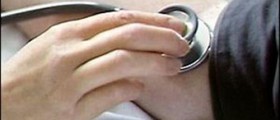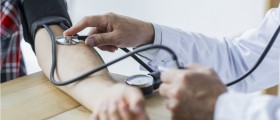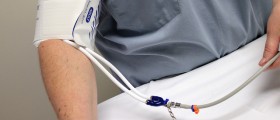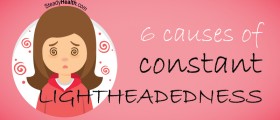Many people experience near-fainting and fainting episodes.
About three percent of ER visits and six percent of hospital admissions are caused by fainting, research suggests.
These symptoms are more commonly known as dizziness and blackouts, and while they are often associated with elderly and sick individuals, even otherwise healthy, young people experience them once in a while.
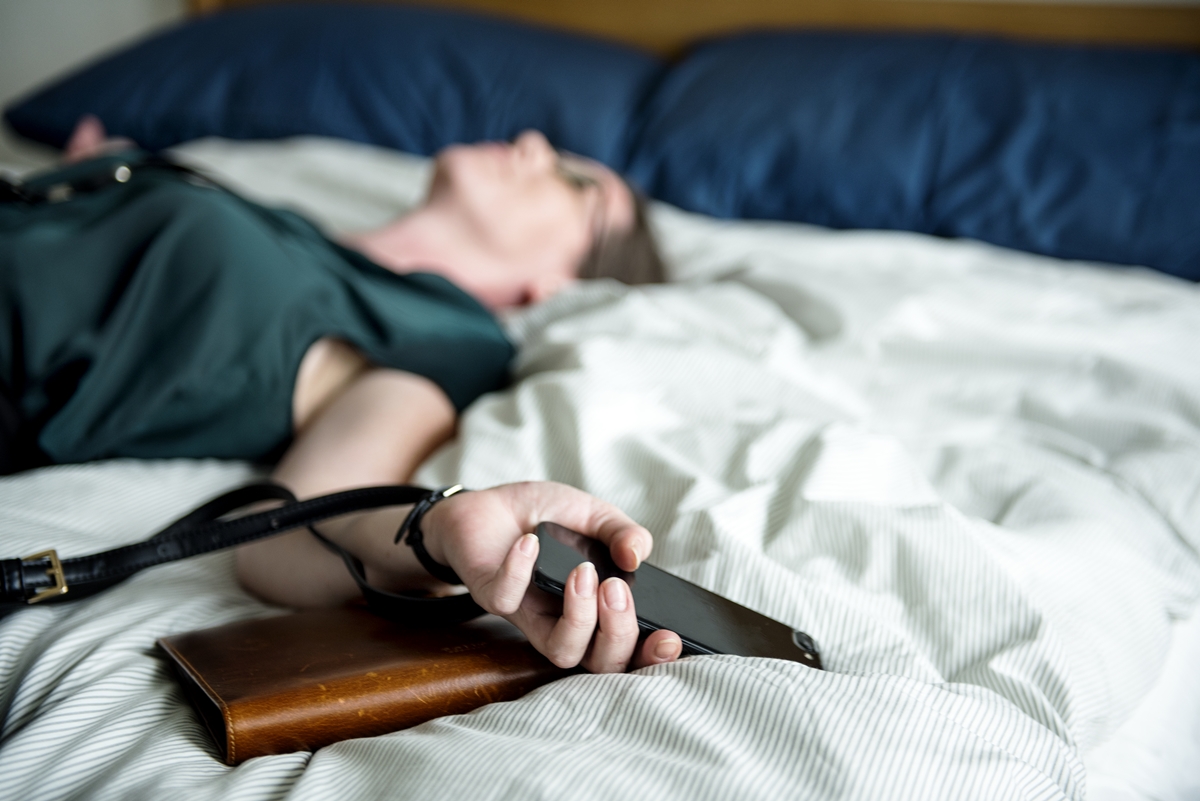
Symptoms of near-fainting
Near-fainting or dizziness is also medically known as presyncope, while fainting is called syncope. In near-fainting, a person experiences lightheadedness and feels that they might black out.
A person who faints suddenly, but usually briefly, loses consciousness as well as balance and posture. Symptoms surrounding these events may include:
- Dizziness
- Feeling like the room is moving or turning
- Weakness
- Blurred vision
- Sweating
- Seeing spots
- Headache
- Ringing in the ears
- Paleness
- Nausea, vomiting
- Numbness or tingling around lips and fingertips
- Shortness of breath
- Involuntary urination/defecation
- Bluish skin color
Most people quickly recover from fainting or near-fainting, but some people may have low blood pressures for up to 30 minutes and may feel groggy for the rest of the day.
Causes of near-fainting
The most common cause of blackout episodes is a sudden reduction of blood flow to the brain, which can be caused by:
- A sudden drop in blood pressure
- A sudden change in heart rhythm
- Postural hypotension (drop in blood pressure associated with sudden change in posture)
- A vasovagal reaction (due to an imbalance in brain chemicals triggered by pain, straining, coughing, etc)
- Dehydration
- Anemia
Other causes include:
- Hyperventilation (rapid, shallow breathing)
- Low blood sugar levels (hypoglycemia)
- Fear, panic attack, sight of blood
- Certain medications
- Pregnancy
- Heart disease
- Inner ear disorders
- Ear infection
- Epilepsy/seizures
- Heart problems
- Alcoholism
When to See a Doctor About Fainting Or Near-Fainting
Fainting is not a normal phenomenon even if the cause is not serious.
If you have the tendency to feel dizzy or faint, sit down or if you can, lie down to prevent a fainting spell.
Make sure you are adequately hydrated by getting enough fluids. Other measures to prevent fainting include avoiding hunger, dehydration or fatigue, taking care not to get out of bed too quickly, and relaxing to avoid hyperventilation.
If you recover from fainting without any injuries, consult your physician to get proper diagnosis and care.
Among people who are taking anti-diabetic drugs, hypoglycemia is a common side effect that can cause temporary loss of consciousness. Monitoring blood sugar levels and eating a balanced diet may prevent blackouts. If you are taking medications that may cause you to become dizzy, consult your doctor to ask for adjustment of doses.
If you are aware of any condition that may be related to your symptoms, call your doctor for proper treatment.
People who sustain an injury due to a fainting spell must be brought to a doctor immediately. If you witness a fainting spell and are in doubt on what to do, call 911.
- Stewart JM. Transient orthostatic hypotension is common in adolescents. J Pediatr. 2002 Apr, 140(4):418-24. http://www.ncbi.nlm.nih.gov/pubmed/12006955
- MedicineNet. Fainting (Syncope). http://www.medicinenet.com/fainting/article.htm
- WebMD. Understanding Fainting - Basics. http://www.webmd.com/brain/understanding-fainting-basics
- Aukland Heart Group. Presyncope/Syncope. http://www.heartgroup.co.nz/Patient+Information/Cardiac+Conditions/Adult/Adults+-+PresyncopeSyncope.html
- Photo courtesy of SteadyHealth


